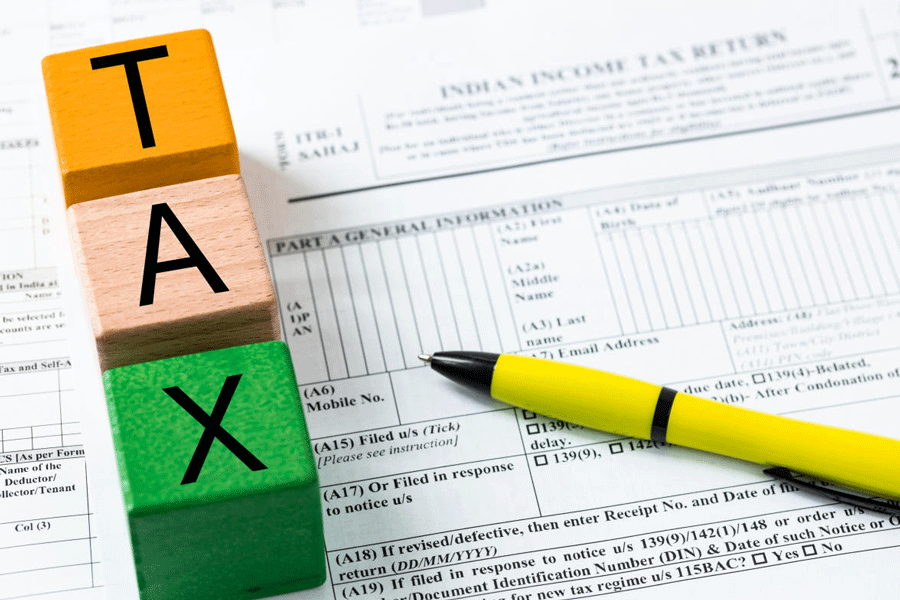A parliamentary panel has asked the finance ministry to explore different tax “codes” for different slabs of agricultural income.
This will distinguish farmers with only agriculture income and those who have both farm and non-farm income for tax purposes.
“A separate code for farmers who have only agricultural income and therefore, have income below the exemption limit will not serve the purpose of creating a distinction that could help determine potential cases of tax avoidance and money laundering through agricultural activities,” the public accounts committee (PAC) report said.
With around 140 million families, agriculturists are a heterogeneous group, and they include small and marginal farmers as well as corporate houses.
About 80 per cent of the farmers belong to small and marginal categories.
The panel said the codes would help in the segregation of cases involving income solely from agricultural sources from the other cases, and be of assistance in better targeting and scrutiny of cases.
In Assessment Year 2020-21, the finance ministry informed the panel that 2.1 crore reported agriculture income in their returns, of whom 59,707 said their income exceeded Rs 10 lakh.
The ministry took up 3,379 cases for verification, including agri income of less than Rs 10 lakh.
The panel said the CBDT should focus on assessees reporting higher agricultural income as it proposed three slabs above Rs 10 lakh.
“The ministry should consider devising a mechanism for the categorisation of cases of agricultural income in three slabs i.e. above Rs 10 lakh, Rs 50 lakh and Rs 1 crore in computer-aided scrutiny selection (CASS) to better target high-risk cases in the categories above.”
“Such a measure will also facilitate scrutiny of different types of agriculturists with the limited resources available with the ministry/CBDT and enable in preventing possible leakage of revenue,” the report said.
Tax officers should be provided with standard operating procedures (SOPs)
to facilitate the veracity of agricultural income claimed for exemption.











